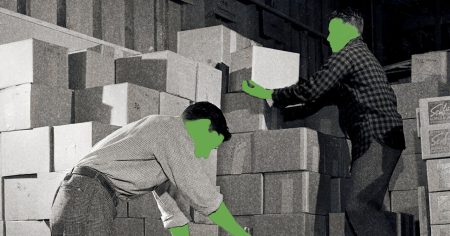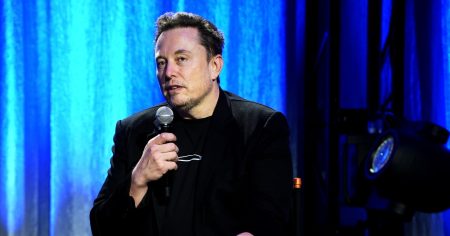Some robots, including from Boston Dynamics, are already doing warehouse work. Do you expect to see that humanoid workforce growing in the coming years?
Warehouse work is one of the great applications at the moment because there’s such a need for people. Employers are really frustrated with the difficulty of getting humans and training them and the turnover. You can organize the environment, but then that’s less interesting for people like us who want to, you know, make the real future happen.
What are some of the more challenging environments that the institute will try to have robots master?
One group is working on robots that repair bicycles. The dream is to be able to fix any bicycle, which isn’t as hard as fixing a car, but it’s also not just stacking boxes. There’s a bicycle out there in the lab, and the robot is doing some stuff, but it’s early days.
Another thing we’re doing is building an ultra-mobile two-wheeled vehicle—a bicycle with a jumping and bouncing mechanism on it. It will also have a vision system and will plan. If you watch a parkour cyclist, they are jumping from object to object, which requires a lot of understanding of the environment and planning out a sequence.
The third large-scale project is dexterous manipulation. When you look at the world of robotics, this might be a biased opinion, but I feel that locomotion and mobility has come a long way, but manipulation has a much longer way to go, even though we’ve been working on it for 50 years. Intelligence is a key part—integrating cognitive intelligence and perception.
People sometimes feel creeped out by the robots you’ve built. Do you think that could get worse now that systems like ChatGPT have prompted more discussion around AI potentially becoming dangerous?
Most bad things that happen in the world aren’t coming from robots. And the question I have is, are people really afraid of robots? My experience of going around with Spot is that people love to engage with it, they love to have selfies with it, and they will pet the robot. Even in individuals, depending on how you pose the question, you could get people saying, “Yeah, I’m afraid of that robot but not afraid of this other robot.” I’d just like to know what the real story is.
Are you at all worried that the leaps we’ve seen in AI could bring new risks?
I’m not afraid at all. I’m a little surprised that Musk and Sam Altman are so out there saying we need to be careful. People worry about robots taking every job, but we’re really trying to get them to do one job in most cases, or a couple of jobs. Will we get there someday? You know, maybe, but it’s going to be a long haul.
Read the full article here









